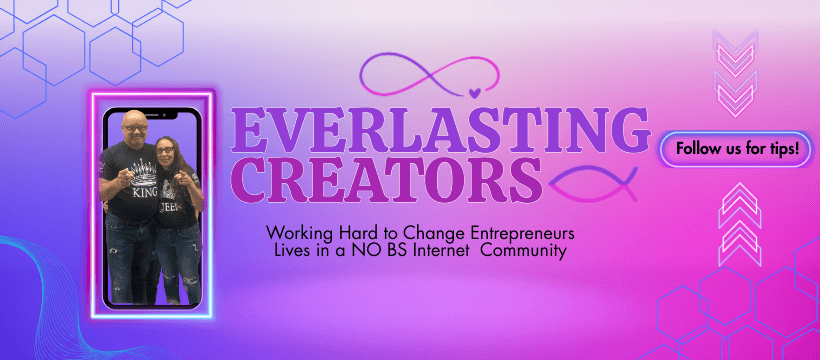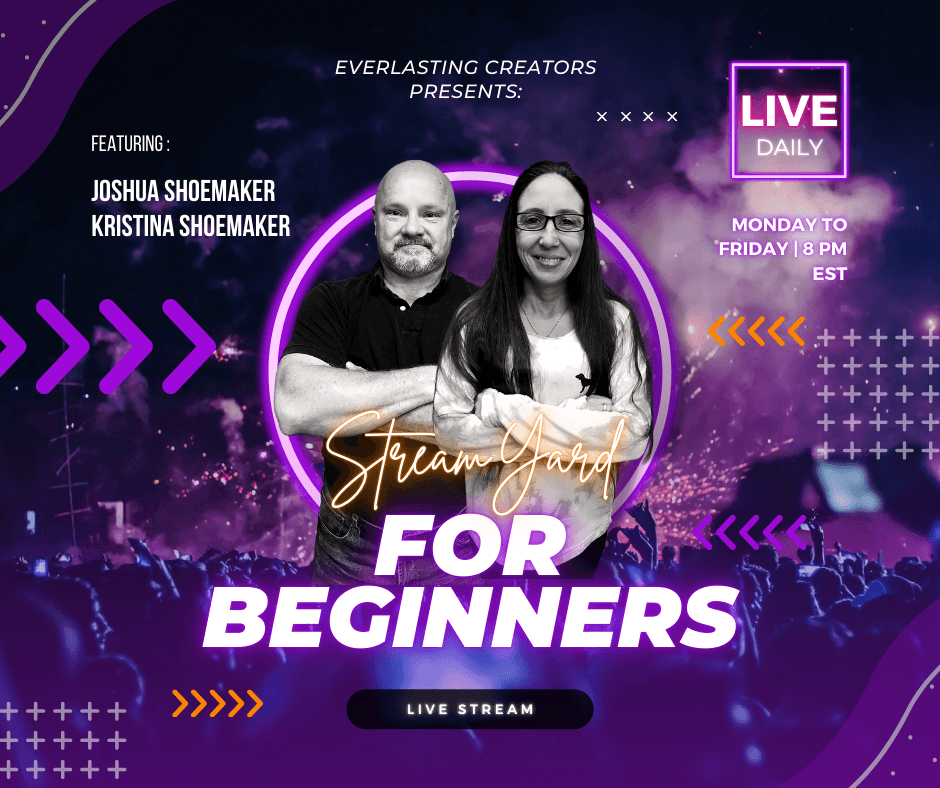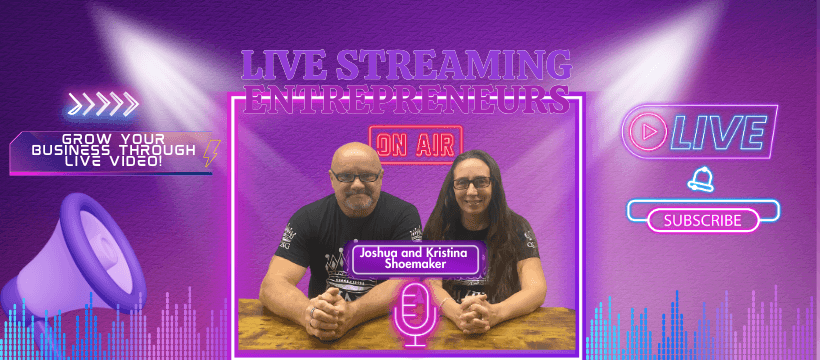
This Workshop For Beginners
Teaches You The Fastest & Most Profitable Way To Build Your List In The Current Economy!"

Connect with
Josh & Kristina


Episode #18:
Business Boosters Part III: The Power of Social Media Marketing in Start-up Business
Biggest Online Procrastination?


Episode #18:
Business Boosters Part III: The Power of Social Media Marketing in Start-up Business

Business Info
Working Hard To Change Entrepreneurs Lives in A NO BS Internet Marketing Community

Created with © systeme.io
Privacy policy | Terms of use | Cookies






